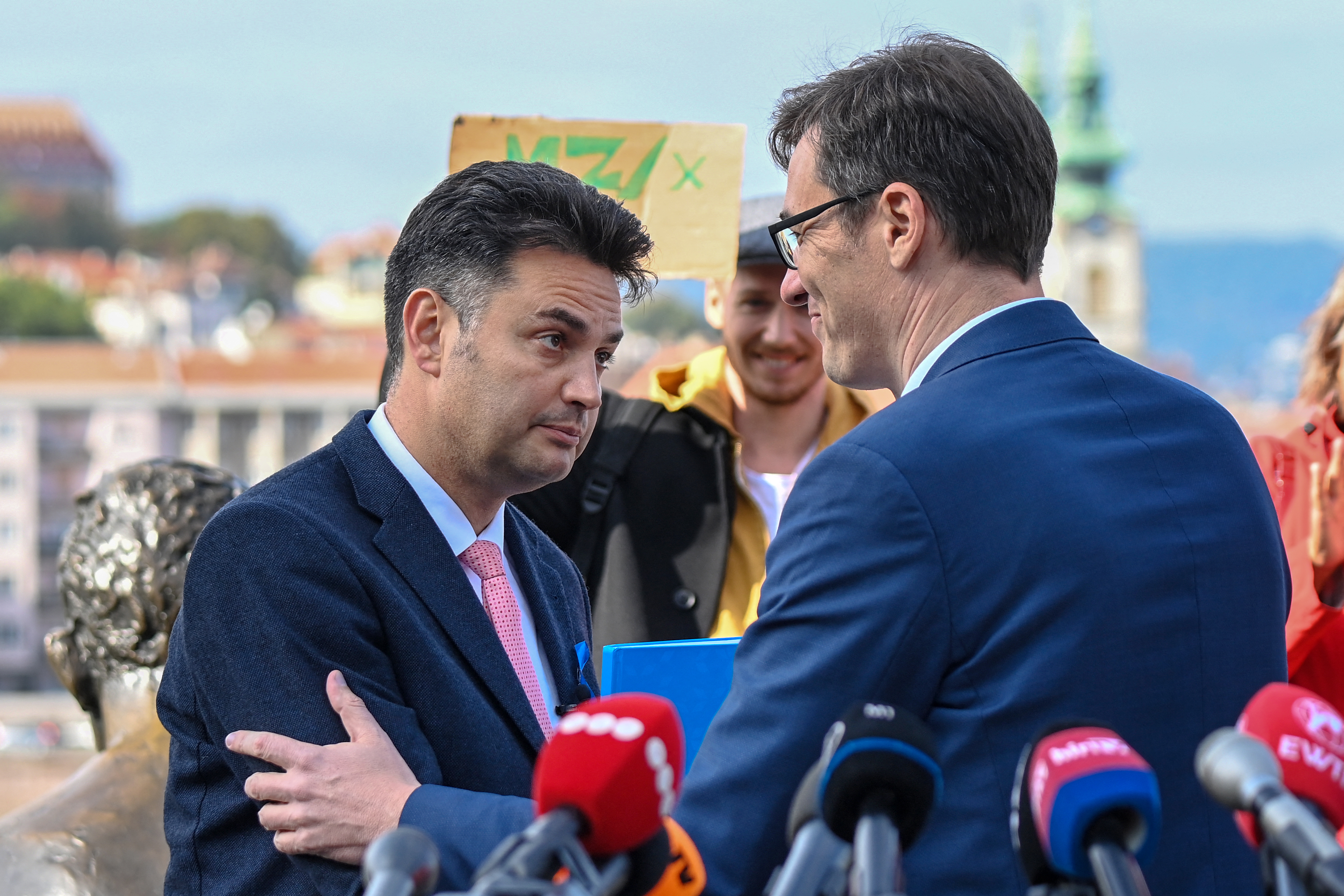Klára Dobrev was also able to strengthen for the second round, but Péter Márki-Zay had huge reserves.
Klára Dobrev received 216,248 votes in the first round and 283,677 in the second. 67,429 votes is the difference, Dobrev increased the number of votes by 31 percent.
Márki-Zay received 126,628 votes in the first round. In the second, almost three times as much, 371,560.
Márki-Zay received 56.67 percent of the total votes, the difference between the two was almost 88,000 votes.
One third of the votes were cast in Budapest. This is where Mark-Zay stored. He brought the capital to the fore, receiving 64.65 per cent of the vote.
Dobrev got 43 percent more in Budapest than in the first round. Márki-Zay, on the other hand, is 254 percent.
The job was tighter than the rural votes, but Márki-Zay also won by 52.5 percent.
Dobrev was strong in the countryside in the first round, but was able to further increase his support by 27 percent. Márki-Zay also had plenty of reserves here: he got 164 percent more.
It’s not just math, you can’t add up to the first round of Mark-Zay and Christmas votes. But even so, Márki-Zay won more than all of their two first-round votes, not a little, 25 percent.
78 percent of the votes cast online went to Mark-Zay, 22 percent to Dobrev. Among their own votes, the share of online votes is 30 percent for Márki-Zay and 11 percent for Dobrev.
And here is the end result:
– .


